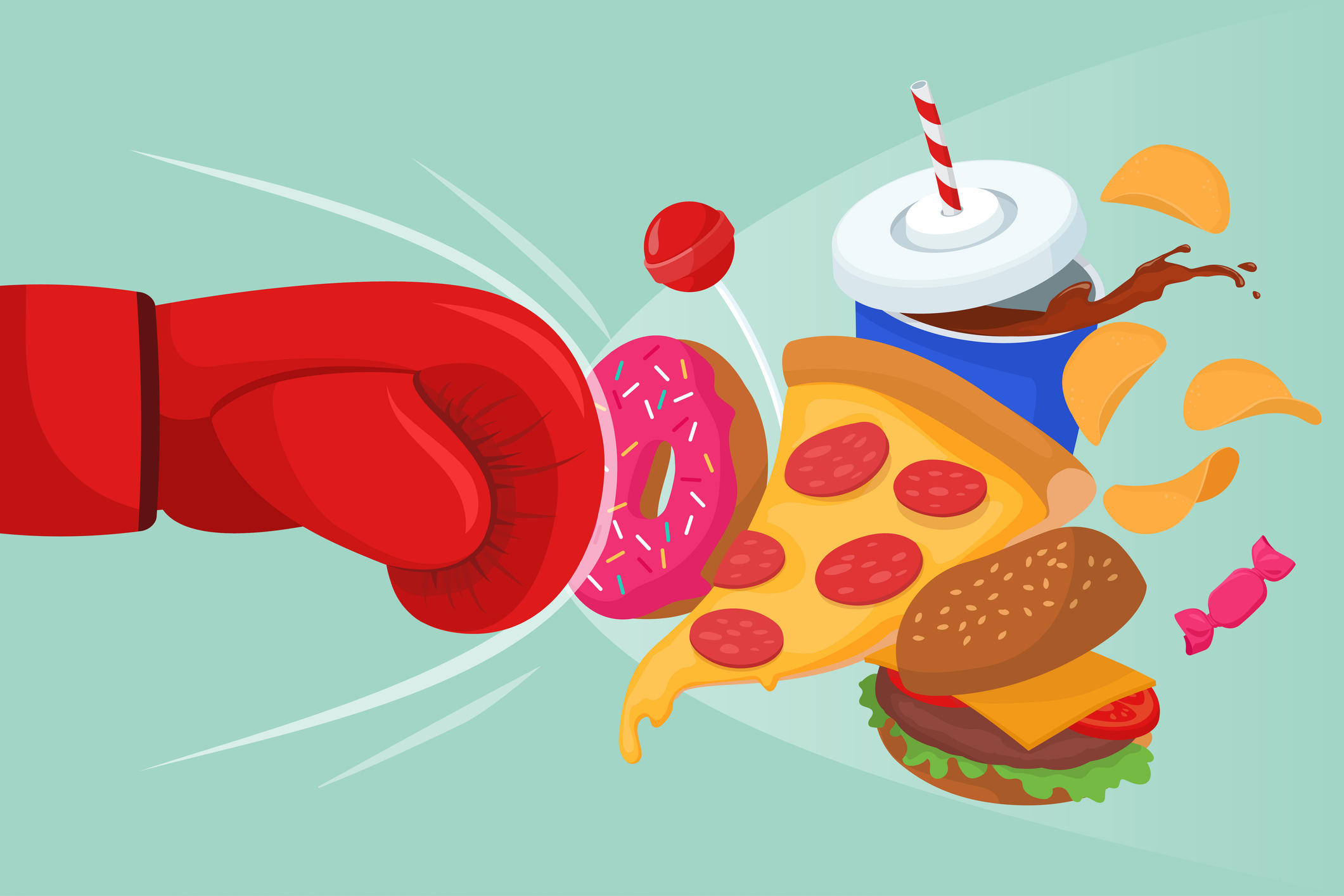Happy September! I hope all of my readers had a wonderful Labor Day weekend. With school starting and summer ending, September can feel like the perfect time to turn over a new leaf, leading many to look toward ways they can improve their diet. But should that include red meat, or eliminate it? With all of the conflicting news reports on whether red meat is good for you (think supporters of the keto diet) or absolutely awful for you (think vegans and even some behind-the-times mainstream health organizations), it can be hard to know whether to keep the steak in your new diet or ditch it entirely.
Thankfully, Intelligent Medicine is here to help you filter through all of the noise. Last week, we looked at six arguments against eating red meat, and whether they held up under scrunity. This week, I have six more to hold under the microscope.
Starting with:
Livestock eat high on the food chain and are a source of pollutants: This is true of industrially-processed meats. But organic, grass-fed animal products deliver fewer toxins (You are what you eat eats!)
Chicken is better: Not according to a recent study. Official recommendations to reduce saturated fat have resulted in a tripling of poultry consumption over recent decades as more people eschew beef and pork in favor of “white meat”. But red meat and poultry have identical effects on cholesterol and cardiovascular risk markers.
Neu5GC: In search of new ways to stigmatize red meat, critics of animal protein consumption have fingered Neu5GC—present in mammalian meat but not seafood or poultry—as a trigger of inflammation in humans, who lack an enzyme that puts the brakes on reactions to this signaling molecule. It’s an intriguing theory, but most studies show that meat consumption isn’t pro-inflammatory. Chris Kresser offers a detailed refutation of this theory.
TMAO: Trimethylamine oxidase is a byproduct of bacterial metabolism of carnitine (in meat) and choline (in fish and soy). When blood levels of TMAO are high, coronary risk soars. But why then are fish and soy cardio-protective, and carnitine supplements heart-healthy? The answer appears to have something to do with the microbiome, which is responsible for bio-transformation of dietary constituents into TMAO. Dr. Jill Carnahan provides a nice summary of inconsistencies in TMAO research.
IGF-1: Dr. Valter Longo has advanced the theory that too much protein promotes IGF-1, a driver of aging and cancer proliferation. This might be a reason to not go overboard on red meat consumption. But too many carbs also boost IGF-1. The IGF-1 theory is more about overall dietary moderation, caloric restriction, with some intermittent fasting thrown in for good measure—not a reason to forego red meat altogether.
Microbiome effects: It has long been suspected that red meat consumption fosters the proliferation of harmful intestinal microbes that are associated with colon cancer incidence. But research is inconclusive as to whether processed meat, laden with additives and preservatives, is the culprit, or whether all red meat is at fault. Additionally, consumption of lots of fiber and polyphenol-rich produce, grains, legumes and spices—and even coffee, tea, wine and cocoa— may mitigate the alleged adverse gut effects of red meat.
BOTTOM LINE: Moderate consumption of unprocessed—and especially organic grass-fed—red meat does not appear to be a health liability, and its undeniable satiety effects can deter consumption of less healthy ultra-processed, refined foods.








